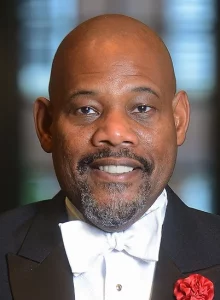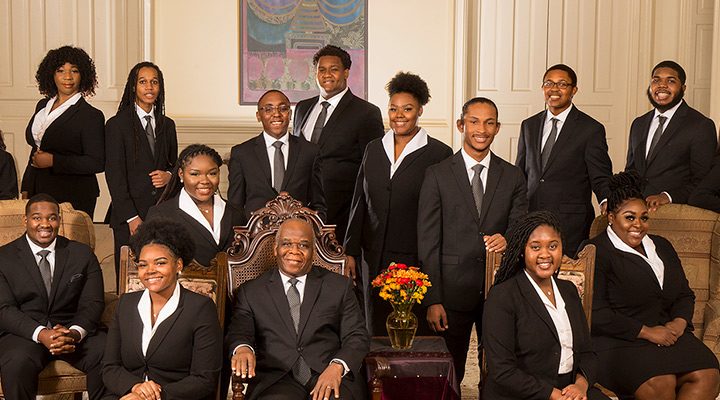The Fisk Jubilee Singers will be a featured choir at the upcoming Polyphony annual conference in Nashville, Tenn., Feb. 3-5.
Polyphony is a nonprofit ministry that aims to nurture church musicians in their ministry and in their wellbeing, so they thrive wherever God calls them. It is a community of church musicians who love choral and instrumental music and the hymns of the church.
The Fisk Jubilee Singers are vocal artists and students at Fisk University in Nashville who sing and travel worldwide. The original Fisk Jubilee Singers introduced “slave songs” to the world in 1871 and were instrumental in preserving the American musical tradition known today as Negro spirituals.
The choir broke racial barriers in the United States and abroad in the late 19th century and entertained kings and queens in Europe while raising money for the school.
In 2008, the Fisk Jubilee Singers received the National Medal of Arts, the nation’s highest honor for artists and patrons of the arts. The award was presented by President George W. Bush and first lady Laura Bush during a ceremony at the White House.
The Friday night concert will feature not only the Fisk Jubilee Singers but Tim Sharp and the Chuck Nation band leading “High Lonesome Bluegrass Mass.” Sharp serves as minister of music at Immanuel Baptist Church in Nashville and is the recently retired executive director of the American Choral Directors Association.

Jefferey Ames
Keynote speaker for the event will be Jefferey Ames, director of choral activities at Belmont University in Nashville. He will offer sessions on “Adapting Choral Artistry to the Church Choir” and “Performance Practices of the Negro Spiritual: Appropriation or Appropriate?”
Other sessions will be led by Doug Haney, associate pastor at Wilshire Baptist Church in Dallas and executive director of Polyphony; Susan Deal, recently retired minister of music from First Baptist Church of Dalton, Ga.; and Sharp.
Haney said the conference theme, “Adaption,” emerged from a conversation with colleagues about Tod Bolsinger’s book, Canoeing the Mountains.
“Bolsinger’s book draws lessons from the Lewis and Clark expedition who were attempting to find river routes to the Pacific Ocean (the Northwest passage). However, these undaunted adventurers could not imagine they would face the Rocky Mountains and were not prepared to cross them. Pastoral musicians trained for one set of circumstances increasingly find themselves facing situations they simply are not equipped for: declining musical literacy, scarce financial resources, cultural changes, COVID. How do we adapt and flourish in spite of challenges that seem overwhelming? There are no easy answers. But if we are to find ways to do more than simply survive, adaptation will be necessary.”
Related articles:
One sweet song came out of COVID: The revival of Polyphony Music Resources
Why church musicians become scapegoats in anxious church systems and how to make personnel changes gracefully | Opinion by Doug Haney


